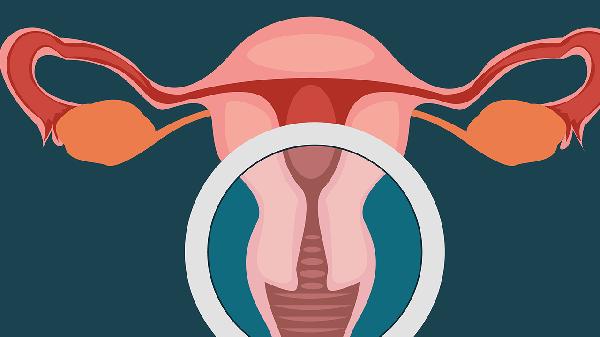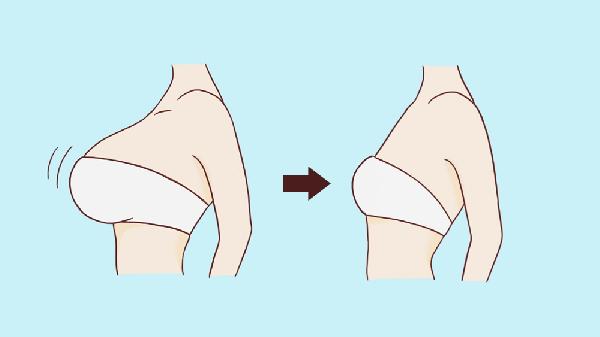Regarding recurrent miscarriage, I believe we should have some understanding! So-called recurrent miscarriage is actually habitual miscarriage, mainly referring to the occurrence of natural miscarriage 2-3 times or more. In traditional Chinese medicine, this is categorized as "slippery fetus." Habitual miscarriage can destroy a family, so it must be taken seriously. Identifying the reasons clearly should be the top priority for families experiencing recurrent miscarriage!

The main causes of recurrent miscarriage are:
1. Multiple abortions, repeated abortions, improper abortion procedures, and post-operative care leading to infections are significant factors causing recurrent miscarriage.
2. Chromosomal abnormalities in couples. Among those with recurrent miscarriage, about 3-8% are due to chromosomal abnormalities in one or both partners. Their offspring may experience natural miscarriage due to the presence or absence of certain chromosomes or gene segments, as well as consanguineous marriages.
3. Psychological factors. During pregnancy, women may not adapt to the role change, leading to excessive mental stress.
4. Physical trauma. External force impact or compression on the pregnant woman's abdomen, or engaging in heavy physical labor or intense exercise, can all cause miscarriage.
5. Luteal phase defect. Insufficient secretion of the corpus luteum in women is also a significant factor causing recurrent miscarriage.
6. Uterine structural abnormalities. Congenital or acquired abnormalities in the female uterus, such as uterine malformations, intrauterine adhesions, and cervical incompetence, can also lead to recurrent miscarriage.
7. Occupational exposure. Long-term work in high-temperature or toxic environments can cause early embryonic developmental abnormalities.
8. Endocrine disorders. Due to endocrine imbalances, the body may produce insufficient progesterone, which cannot support the development required by the fetus.
9. Immune factors. After pregnancy, the woman's body has an additional placenta. If the immune system of the pregnant woman is incompatible with the embryo, her immune function may attack the embryo, leading to miscarriage.
10. Infection factors. Certain viral infections in the pregnant woman can also cause fetal demise.
11. The woman's own lifestyle habits. Smoking, drinking, and drug use can all potentially cause recurrent miscarriage.
12. Male factors. High sperm abnormality rates directly result in infertility or early embryonic loss.
























